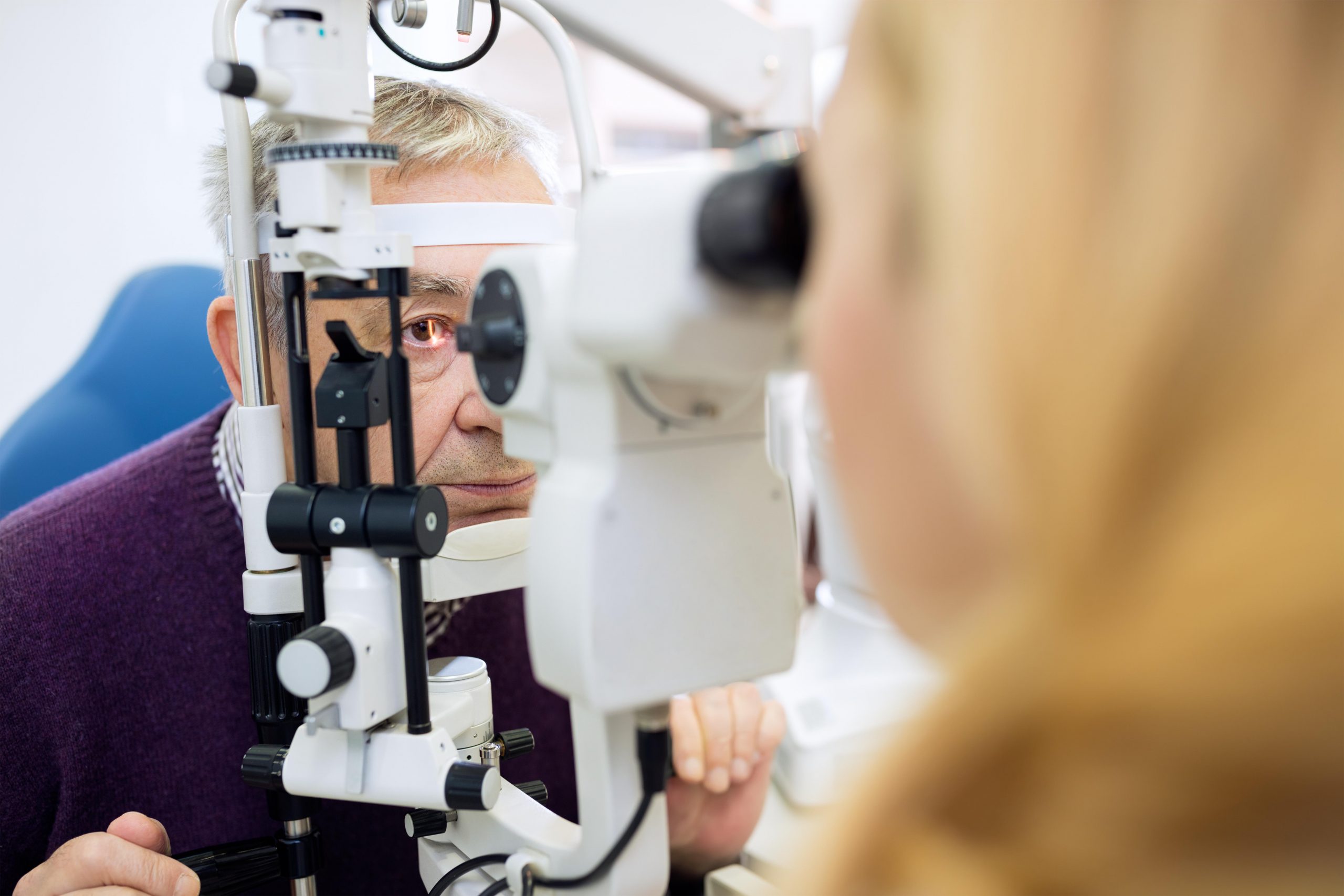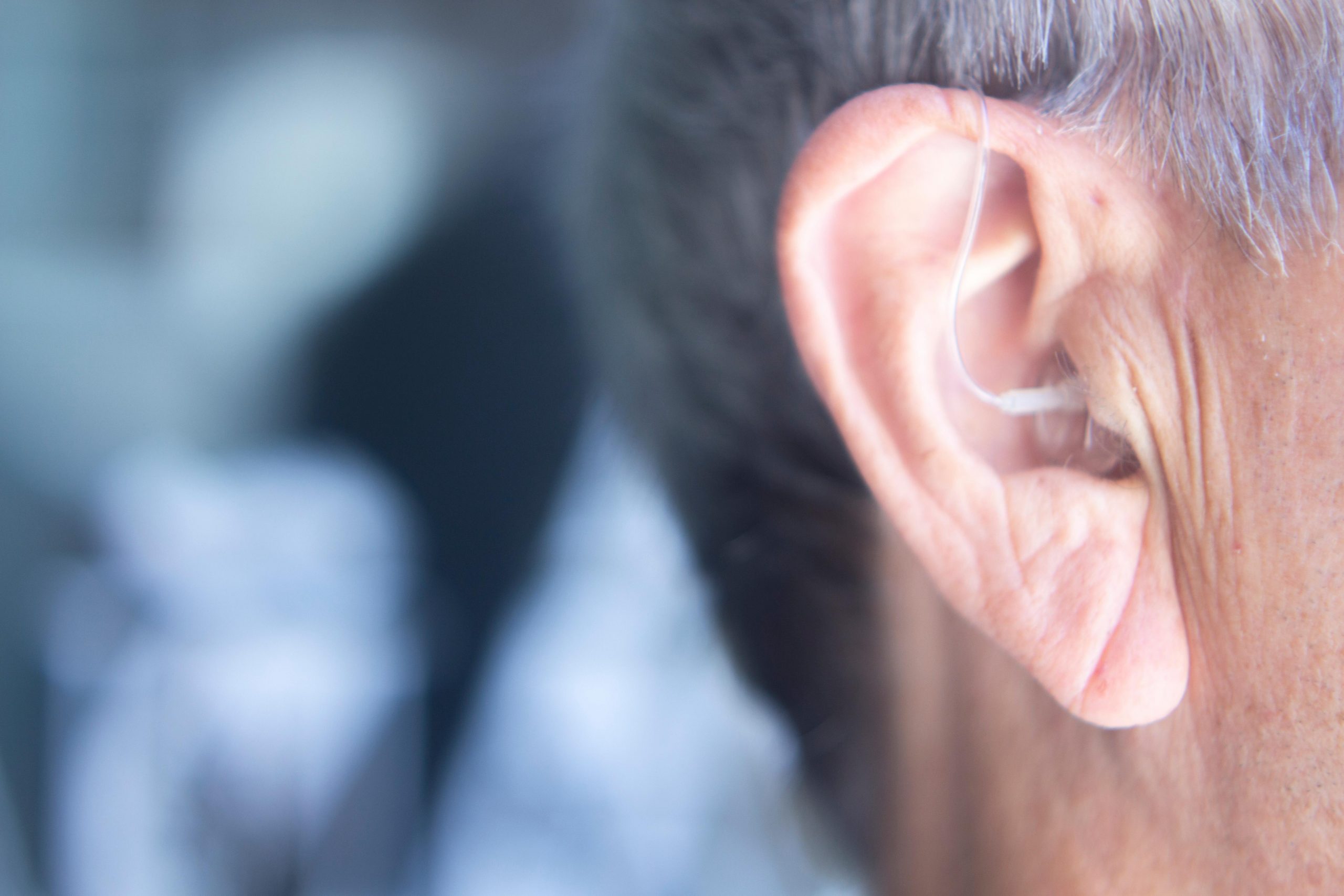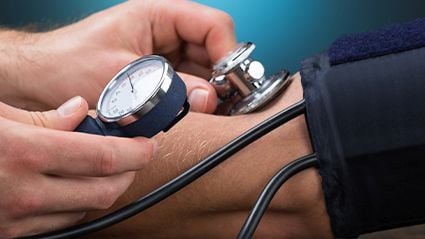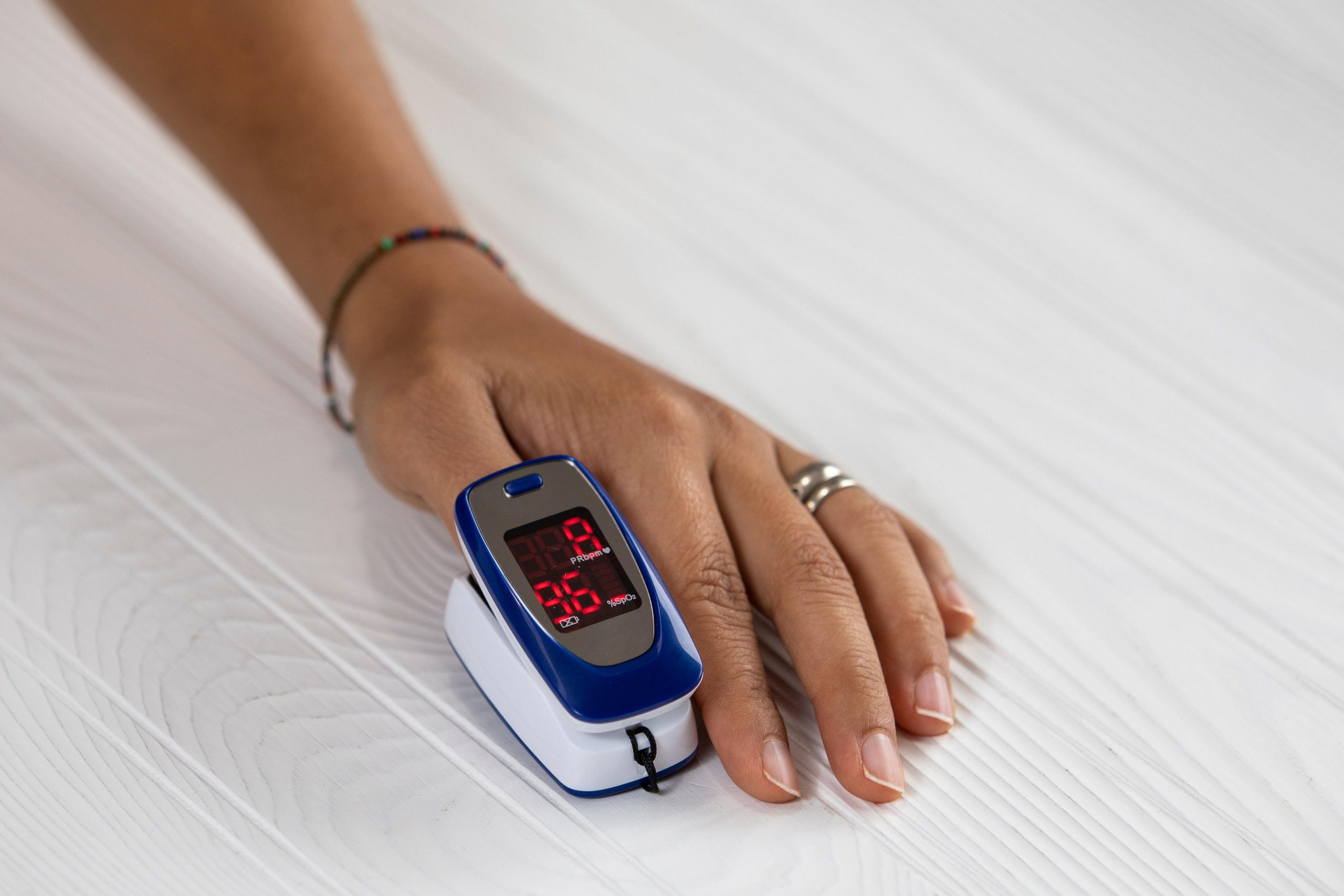
The former ‘party drug’ ketamine has gotten some good press recently, with clinical trials suggesting it might be a powerful and fast-acting antidepressant. Now, one of the first “real-world” studies of ketamine against depression appears to support those findings. Researchers at the University of Michigan and the VA Ann Arbor Healthcare System say that almost half… read on > read on >


















